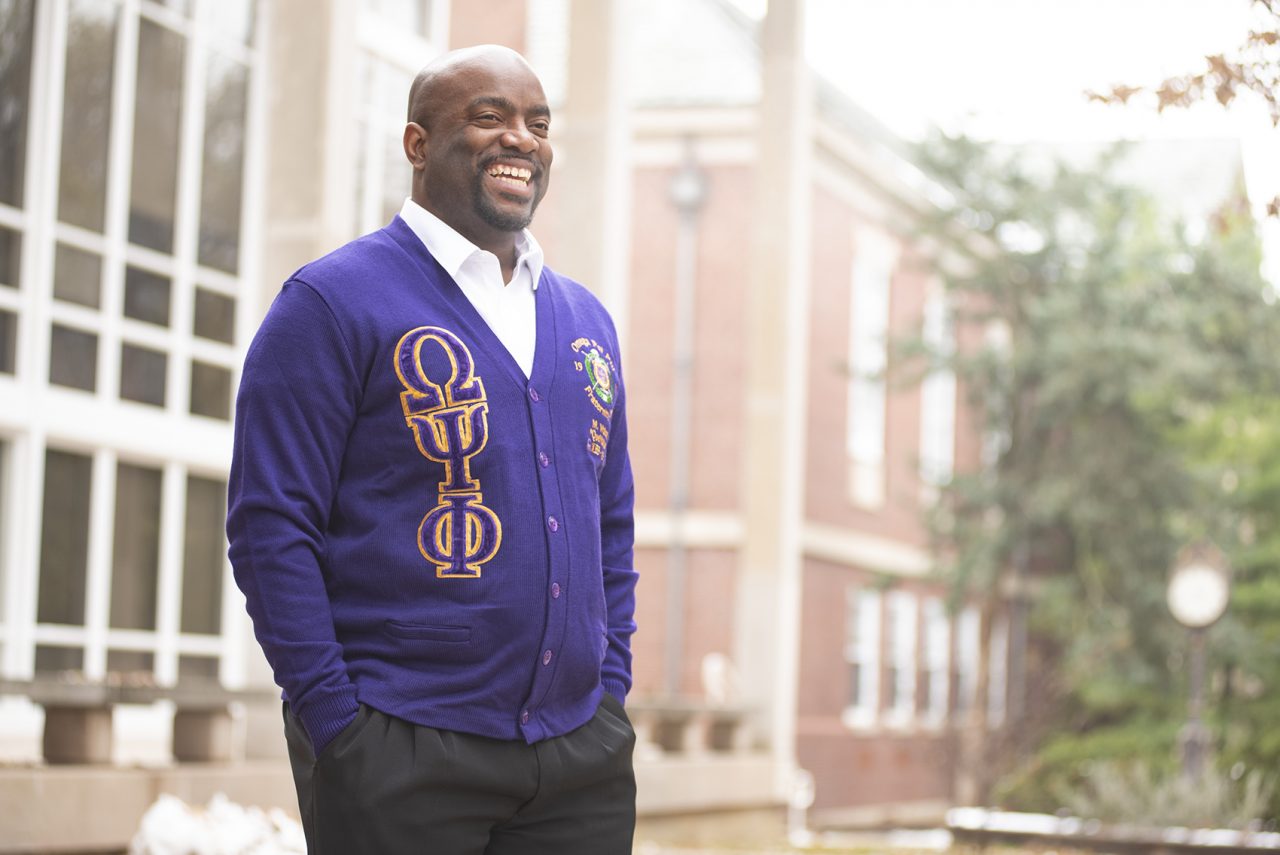As he was working his way through the telecommunications program, Mark Walcott noticed something. Each year it seemed like there were fewer women.
And when he took his first computer programming class, he noticed something else. Associate Professor Mary Elaine Califf seemed to have a different way of explaining things.
“When it came to explaining and providing a means of communicating some very abstract concepts in computer science, she nailed it for me,” he said. “It was transformational. And I thought, ‘What if we had more professors who came from different backgrounds? What if we had more gender diversity?’”
Being taught programming by a female professor was the first time Walcott thought about the lens of gender, he said. He would like to see more women in the STEM fields, as well as more women teaching those subjects.
Recently he created the Walcott Family Scholarship Fund, which will provide financial support for women pursuing STEM careers, with a preference for those enrolled in the School of Information Technology.
Only about 10 percent of students in the undergraduate program are women, said Califf, director of the school.
“Computing is everywhere,” she said. “It’s part of all of our lives so obviously it’s important that we have a diverse population participating in creating these complex machines. There’s much to be done to encourage women and scholarships are a part of that.”
Walcott, a 2017 inductee into the CAST Academy of Achievement, is a three-time graduate of Illinois State. After earning his bachelor’s in 2002 in network and telecommunications management, he graduated with his master’s in project management in 2007 and completed his doctorate in the College of Education in 2014.
During his time at Illinois State, Walcott worked with Delta Academy, a program to introduce young women to STEM. One day he was talking to them about computer programming and engineering and asked: If you could engineer anything you wanted to, what would you do? He asked the same question of young men in Passport to Manhood, a program run by the Boys and Girls Clubs.
The responses were remarkably different. The boys wanted to create weapons or build machines that would allow them to explore space or the ocean. The women wanted to create change in their communities.
“Every response they gave was helping the community,” Walcott said. “They were different. We don’t have enough of that diversity in science, technology, engineering, and math. We would be so much better off if we had the totality of our intellect working on these problems.”
Originally from Mississauga, Canada, Walcott came to Illinois State because of the telecommunications major, and that drew him into the technology program. The former track and field athlete met his wife, Cavell Dunkley ’02, at a Valentine’s Day social. They married in 2008, are parents of Liam, 5, and live in the Houston area.
Walcott is executive director of advancement information systems and reporting for the University of Houston system, but his career started at Illinois State, where he developed academic software for the Karin Bone Athletic Study Center. From there, he worked in University Advancement, creating software, systems, and processes to engage alumni.
Often he’s asked why he would create a scholarship this early in his career, with a young family.
“Why wait?” he asked. “I want to build something that will outlast me. If I can say there is a student I was able to assist in some way, the benefits of that are incalculable, and that resonates more with me than purchasing something tangible. It means more to invest in students.”
He chose to make a gift to Illinois State because of the influence it had on his early adult years.
“It all started at Illinois State, and I know what the institution is about at its core. I always wanted to see Illinois State get better, and giving back in this way is my way of continuing to make sure the opportunities I had are continuing to be given to others.”

